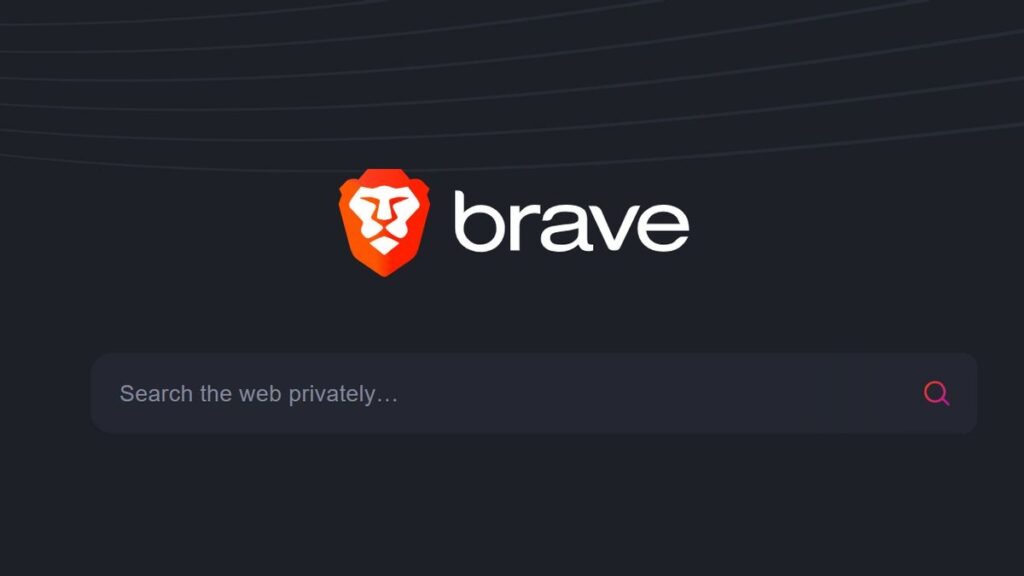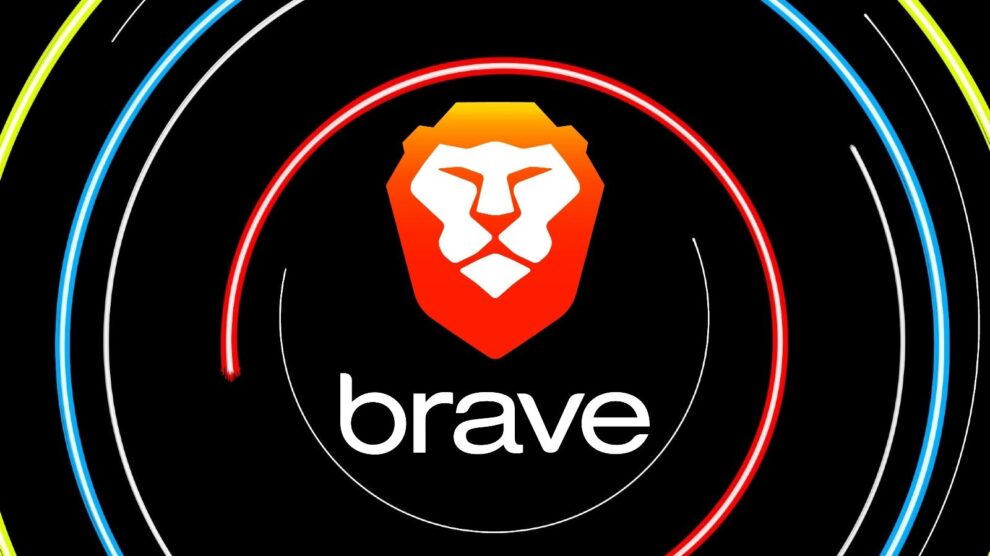Brave, the privacy-oriented web browser, recently announced the launch of Leo – its own AI assistant now available on Android. Leo provides features like summarizing webpages, translating languages, and generating creative writing on-demand – entirely while preserving user privacy according to Brave.
This analysis covers Leo’s key capabilities, Brave’s privacy preservation claims, and the implications of this launch for the wider AI assistant space.
Leo’s Main Features and Capabilities
As Brave’s first AI assistant integrated directly into its mobile browser, Leo brings a robust set of capabilities to enhance browsing:
TLDR Webpage Summaries
Leo can quickly analyze any webpage and generate a concise text summary explaining its key points. This allows Brave users to grasp context faster without reading long articles.
Instant Language Translation
Brave users can also highlight sections of text on any webpage and ask Leo to translate it to languages like Spanish, French, Italian and more. This provides easy multilingual accessibility.
Automated Creative Writing
Leo goes beyond just summarization and translation – it can also compose original text content. Users can give Leo a topic and ask it to write short stories, poems, lyrics, even continue half-written paragraphs with coherence.
Brave’s Claims of Preserving Privacy
A key selling point emphasized by Brave is how Leo processes user queries and data entirely on-device without sending it external servers. Some specific privacy preservation techniques highlighted include:
- On-device AI: Leo’s machine learning runs 100% on user devices isolating processing.
- No metadata collection: Zero usage stats or metrics gathered even anonymously.
- No cloud backups: All AI computation done live without cloud caching.
As a result, Brave claims Leo has no way of obtaining personal identifiers or tracking query contents. This aligns with the company’s strong privacy branding.

Implications of Brave’s Launch of Leo
The launch of Leo assistant raises broader questions around the future of AI and privacy:`
Viability of On-Device AI
Running advanced deep learning algorithms fully on consumer devices like mobiles still poses challenges today. By investing heavily here, Brave aims to push boundaries of on-device AI – an area giants like Google have struggled to crack.
Pressure on Big Tech
As scrutiny over data privacy grows, moves like Leo could put pressure on incumbents to reduce data collection even at the cost of utility. Brave intends Leo to match larger AI models over time despite its privacy guardrails.
User Adoption Questions
Despite strong privacy branding, questions remain whether mainstream users care enough to overcome switching inertia from entrenched Chrome and Safari. Much depends on Brave executing well and gradual mindset shifts around data sensitivity.
The Road Ahead for Brave
The Leo launch sets the stage for Brave’s next growth phase pivoting from simple ad blocking to AI enhancements. Some potential next steps include:
- Porting Leo to desktop browsers
- Multimodal abilities like taking voice input
- Integrating Leo deeper into webpage annotations, rich results
- Supporting more advanced creative writing like blogs, essays
As capabilities grow while retaining privacy focus, Brave aims to offer meaningful differentiation versus AI giants entering the browser space like Google and Microsoft.
Over time, independent evaluations of aspects like Leo’s actual query processing practices will also lend more credibility regarding Brave’s data protection claims in the face of wider industry skepticism.
Conclusion
With the launch of Leo AI assistant on mobile, Brave reiterates its privacy-first vision amid growing public concerns around data use by technology giants. Its on-device natural language and content generation abilities lend immediate utility to users while aligning with Brave’s overall branding.
However, Leo’s arrival also raises bigger picture questions around the commercial feasibility of privacy preservation alongside AI capabilities in competitive contexts. As Brave navigates these challenges in the months ahead, developments could have signaling effects on the wider industry’s trajectory around user data practices.










Add Comment